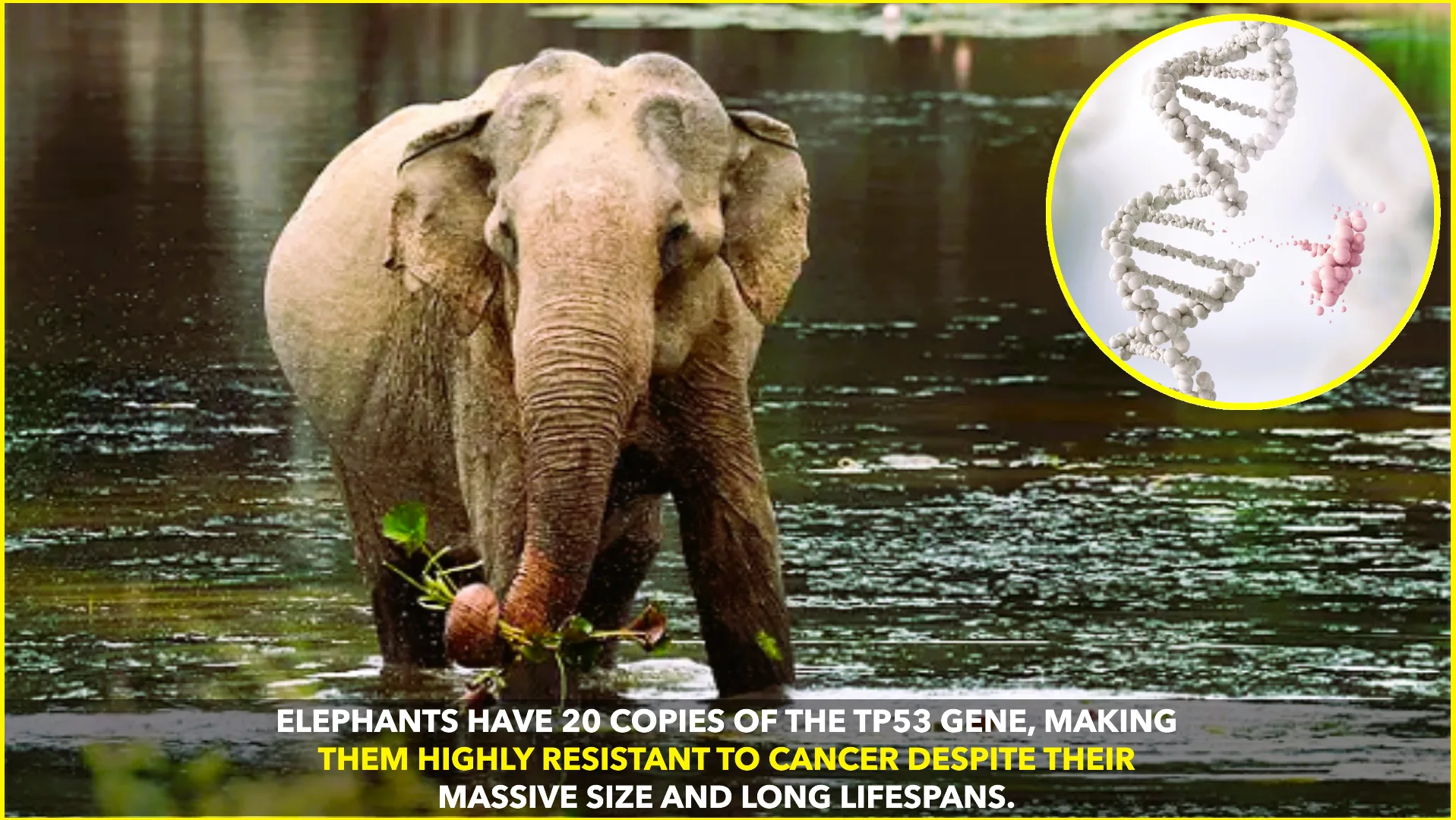While a comprehensive history and physical examination are essential for diagnosing nutritional deficiencies, certain facial signs can offer valuable clues to clinicians. This post explores potential correlations between specific facial presentations and underlying vitamin deficiencies.
Common Facial Findings and Potential Deficiencies:
- Pallor: Pallor of the face, lips, and conjunctivae can indicate iron deficiency anemia. This condition results in a decreased number of red blood cells, leading to reduced oxygen delivery to tissues [1].
- Xerosis (Dry Skin): Facial xerosis can be a manifestation of deficiencies in essential fatty acids or B vitamins. B vitamin deficiencies can disrupt skin barrier function and contribute to dryness [2].
- Acne Vulgaris: Although hormonal fluctuations are primary drivers of acne, some evidence suggests deficiencies in vitamins A and E may also play a role in its development [3].
- Angular Cheilitis: Angular cheilitis, characterized by painful cracks at the corners of the mouth, can be associated with deficiencies in iron or B vitamins, particularly B12 [4].
Important Considerations:
- These facial signs are not specific to vitamin deficiencies and can arise from various medical conditions.
- A detailed medical history and physical examination are crucial for establishing a diagnosis.
- Consider the following factors:
- Dietary patterns
- Medications
- Underlying medical conditions
Diagnostic Evaluation:
- A complete blood count (CBC) can help identify iron deficiency anemia.
- Biochemical testing may be necessary to assess specific vitamin levels.
Management:
- Addressing the underlying nutritional deficiency is the mainstay of treatment.
- Dietary modifications to increase intake of the deficient vitamin or mineral are often recommended.
- Supplementation may be necessary in some cases.
Conclusion:
Facial presentations can offer valuable clues to potential vitamin deficiencies. However, a holistic approach that incorporates clinical history, physical examination, and laboratory testing is essential for accurate diagnosis and management. By recognizing these facial signs, clinicians can initiate appropriate investigations and treatment plans to optimize patient outcomes.
Disclaimer: This blog post is intended for healthcare professionals and does not constitute medical advice. Always consult with a qualified healthcare provider regarding individual patient care.
Here are two main ways to address vitamin deficiencies:

1. Dietary Changes:
- Focus on a well-balanced diet: This is the best way to get most of the vitamins and minerals your body needs. Aim for plenty of fruits, vegetables, whole grains, lean proteins, and healthy fats.
- Include specific foods rich in deficient vitamins: If you know you’re deficient in a specific vitamin, focus on incorporating foods rich in that nutrient. For example, eat citrus fruits and leafy greens for vitamin C, fatty fish and nuts for vitamin E, and dairy products for vitamin D.
- Consider a consult with a registered dietitian: They can create a personalized plan to ensure you’re getting the right nutrients through your diet.
2. Supplements:
- Talk to your doctor: Supplements can be helpful, but they’re not a magic bullet. Your doctor can advise you on the appropriate type and dosage of supplement based on your specific needs and any potential interactions with medications you’re taking.
- Not always necessary: If you have a well-balanced diet, you may not need supplements. In some cases, excessive intake of certain vitamins can even be harmful.
Here are some additional tips:
- Be patient: Correcting a vitamin deficiency can take time, depending on the severity.
- Lifestyle changes: Certain habits, like smoking and excessive alcohol consumption, can worsen vitamin deficiencies. Consider quitting smoking and limiting alcohol intake to improve your overall health.
Remember, consulting a doctor or registered dietitian is crucial for proper diagnosis and creating a personalized plan to address vitamin deficiencies.
#epicinfinite #epicarticle #epicblog
What are your thoughts on this? Share your experiences in the comments below!










